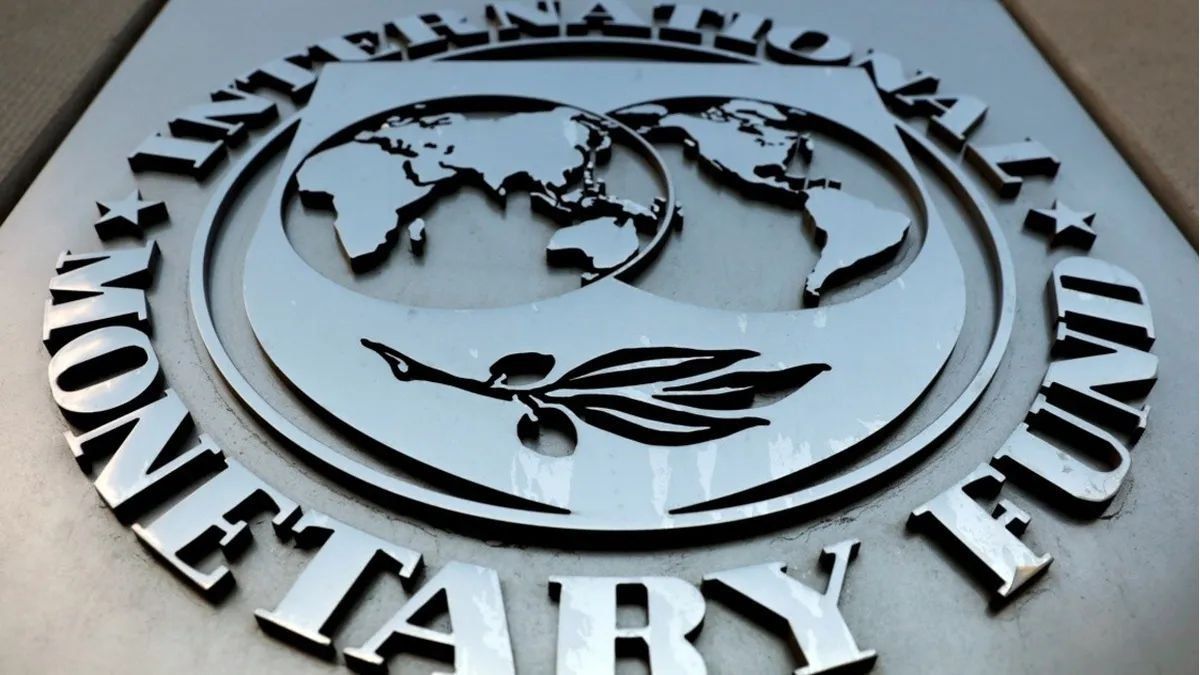These are the main risks that weigh down on global prospects.
According to the IMF there “a lot of uncertainty” about the levels of Russian gas supply to Europe for 2022 and 2023while since April there is already a 40% drop compared to last year.
The report raises the possibility that Russian gas exports could come to a complete halt, which could force European countries to ration energy. This would affect important industrial sectors.
This possibility would “significantly” reduce the growth of the euro zone in 2022 and 2023, and would have a “cross-border” echo.
On the other hand, although inflation is “expected” to return to pre-pandemic levels before the end of 2024, additional pressures could cause inflation takes holdwarns the IMF.
If the pressures are very strong they could create a situation of “stagflation”, that is, with stagnant economies at the same time that life becomes more expensive due to high inflation.
The IMF is concerned that central banksin their attempts to counteract inflation, go too far. If they do not choose the guide interest rates well, central banks are exposed to demand falling too low. And “The risk of recession is particularly prominent in 2023,” the report analyzes.
With rising interest rates in developed economies, it will become more expensive to obtain credit and without proper monetary policy, there is a risk that national currencies will depreciate considerably against the dollar.
And furthermore, this would occur at a time when the financial position of many states is already “tense”, according to the IMF.
The institution estimates that 60% of low-income countries they are at risk of finding themselves, or already in trouble with their debt. 10 years ago, the figure was around twenty%.
The current expectations of the IMF foresee a rebound of the Chinese economy during the second half of 2022, after a first half of the year marked by numerous restrictive measures due to the covid-19 pandemic.
These measures have hurt local and, by extension, global manufacturing activity.
On the other hand, a new outbreak of covid-19, accompanied by the Chinese government’s zero covid policy, could affect China’s economy, with “significant global repercussions,” according to the IMF.
As spending on food and energy are irreplaceable, current inflation “represents a threat not only to economic stability, but also to social stability,” underlines the IMF.
The institution has thus observed an increase in protests since the end of the acute phase of the pandemic.
“Higher food and energy prices are strong indicators of unrest,” says the IMF.
The main factor driving the rise in food prices has been Russia’s blockade of Ukraine’s grain exports.
The IMF also fears a “serious risk to the medium-term outlook with the war in Ukraine”: a fragmentation of the world economy into geopolitical blocs with significant differences in technological standards, international payment systems, and foreign exchange reserves.
“Fragmentation could also diminish the effectiveness of multilateral cooperation to respond to climate change, with the additional risk that the current food crisis becomes the norm,” concludes the IMF.
Source: Ambito
David William is a talented author who has made a name for himself in the world of writing. He is a professional author who writes on a wide range of topics, from general interest to opinion news. David is currently working as a writer at 24 hours worlds where he brings his unique perspective and in-depth research to his articles, making them both informative and engaging.




